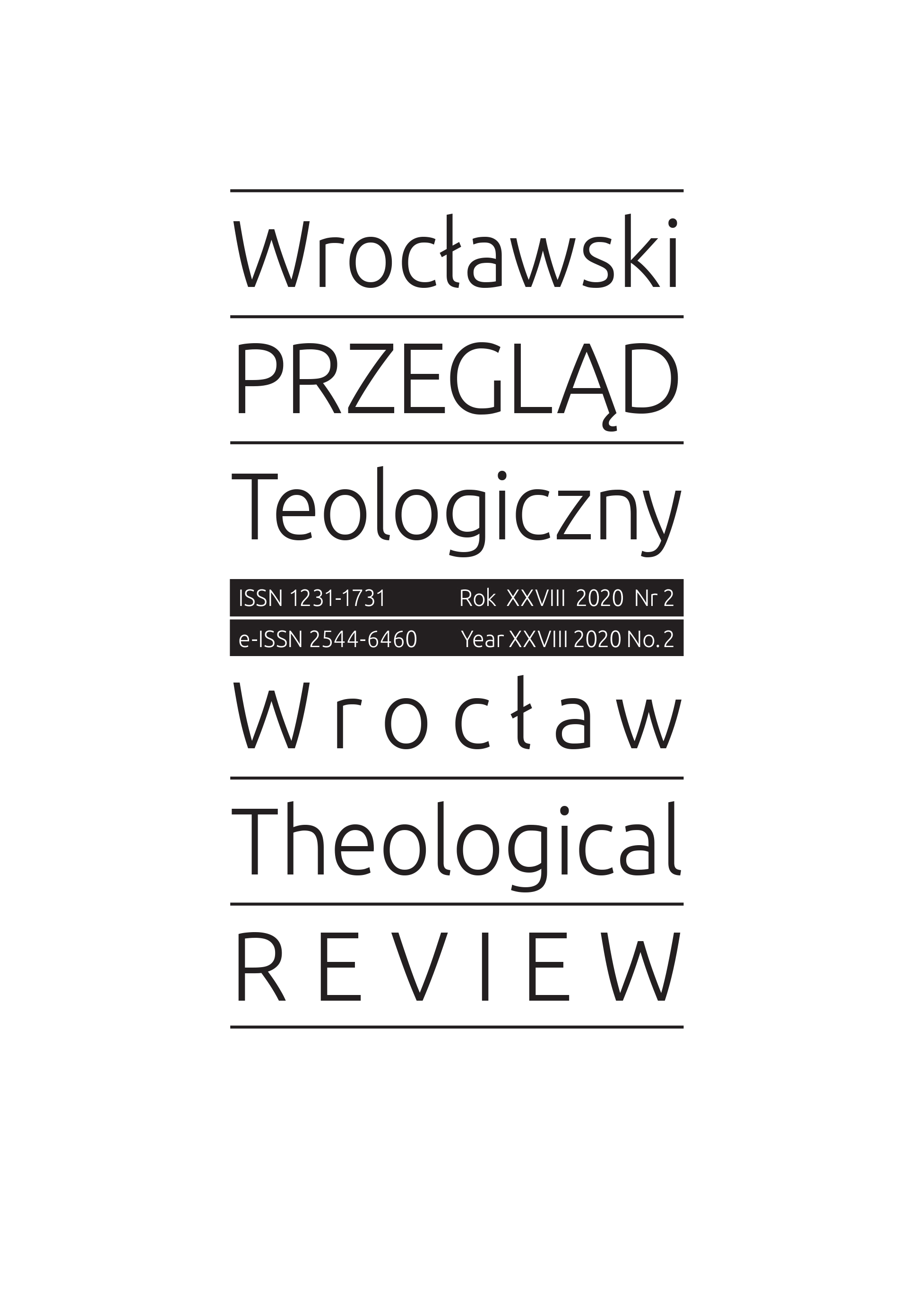Jedno źródło Objawienia a dwa nurty przekazu i poznania Objawienia. Apologijny wymiar teologii Josepha Ratzingera
One Source of Revelation and Two Currents of the Revelation Transmission and Cognition: the Apological Dimension of Joseph Ratzinger’s Theology
Author(s): Sławomir ZatwardnickiSubject(s): Christian Theology and Religion, Theology and Religion, Systematic Theology
Published by: Papieski Wydział Teologiczny
Keywords: Revelation versus Scripture and Tradition; Joseph Ratzinger's inter- pretation of Dei verbum; the theory of “two sources” (duplex fons); criticism of sola Scriptura; material sufficiency of Scripture;
Summary/Abstract: The adoption of the personalistic model of Revelation and the rejection of the theory of “two sources” of Revelation at Vatican Council II has not been fully adopted yet. Fundamental theologians have assimilated the content of the Dogmatic Constitution on Revelation, but Catholic apologists refer rather to the misinterpreta- tion of the Council of Trent. They keep reconciling Scripture and Tradition without explicitly referring to the living reality of Revelation as unus fons from which the two currents of Revelation flow. The article refers to the legacy of Joseph Ratzinger, whose theology has significantly influenced Dei verbum. The statements of the Bavarian theo- logian are a kind of an interpretative key to the descriptions contained in the documents Vaticanum Secundum and Tridentinum of the relationship between Revelation on the one hand and Scripture and Tradition on the other. Only an in-depth “theology of Revelation” enables the search for answers to the relationship of the sources for the message and the knowledge of Revelation. The first paragraph criticises the theory of duplex fons, the second assesses the possibility of adopting the Catholic variant of the principle of sola Scriptura, and the next points out the need to take into account the difference between ordo essendi and ordo cognoscendi. The conclusion presents meta-questions important to the Catholic apologist. It transpires that it is precisely the ecumenical orientation of Ratzinger's theology that opens it up to the apology of the Catholic position because it allows us to see the real division between the views of Christians. Protestant-Catholic polemics often stems from the entanglement of modern categories, which must be transcended by reference to the history of theology seen in
Journal: Wrocławski Przegląd Teologiczny
- Issue Year: 28/2020
- Issue No: 2
- Page Range: 63-93
- Page Count: 31
- Language: English

